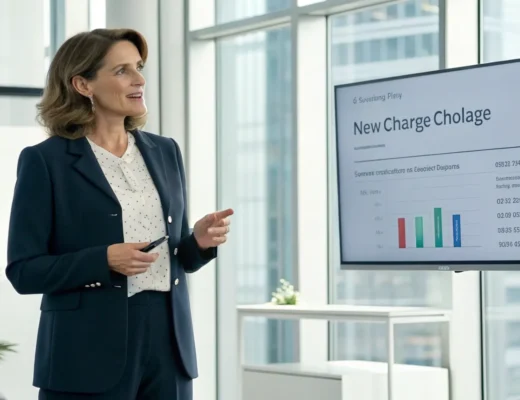Psychologist Mark Travers has identified several cost-free methods that couples in successful relationships use to maintain their connection and avoid falling into repetitive dating patterns like the traditional “dinner and movie” routine.
Travers, who specializes in studying couple dynamics, points out that maintaining excitement in long-term relationships doesn’t necessarily require expensive dates or elaborate plans. Instead, his research suggests that the happiest couples employ simple, no-cost strategies to keep their relationships fresh and engaging.
The Science Behind Relationship Satisfaction
According to Travers’ findings, relationship satisfaction often declines when couples fall into predictable routines. The standard “dinner and a movie” date night, while comfortable, can become stale over time, potentially leading to decreased relationship satisfaction.
“When couples engage in novel activities together, they often report higher levels of relationship satisfaction,” Travers notes in his research. This phenomenon, known as the “novelty effect,” creates shared experiences that strengthen bonds without requiring financial investment.
The research indicates that couples who regularly try new activities together report feeling more connected and engaged with their partners compared to those who stick to familiar routines.
Free Strategies That Work
Travers’ research has identified several zero-cost approaches that successful couples use to maintain relationship vitality:
- Outdoor exploration – Taking walks in new neighborhoods or hiking local trails
- Skill exchange – Teaching each other new skills or hobbies
- Creative challenges – Engaging in artistic projects or competitions together
- Memory sharing – Revisiting meaningful locations from the relationship’s early days
These activities create what Travers calls “shared novelty experiences” that stimulate conversation and emotional connection without financial burden.
Communication as a Foundation
Beyond specific activities, Travers emphasizes that consistent, meaningful communication serves as the foundation for relationship maintenance. His research shows that couples who practice active listening and express appreciation regularly report higher relationship satisfaction regardless of their financial resources.
“The happiest couples make time for regular check-ins about their relationship needs and desires,” Travers explains. These conversations help partners stay attuned to each other’s changing interests and prevent relationship stagnation.
One technique Travers highlights is the practice of asking open-ended questions about each other’s day, which creates opportunities for deeper connection than typical surface-level exchanges.
Breaking Routine Without Breaking the Bank
For couples seeking to implement these findings, Travers suggests starting with small changes to existing routines. Something as simple as taking a different route on a regular walk or cooking a meal together instead of ordering takeout can introduce novelty without cost.
“The key is intentionality,” Travers notes. “Happy couples don’t necessarily do extraordinary things—they do ordinary things with extraordinary attention.”
Research participants in Travers’ studies reported that even minor adjustments to daily routines created noticeable improvements in relationship satisfaction when approached with curiosity and presence.
Travers’ findings challenge the notion that relationship maintenance requires significant financial investment, offering hope to couples at all economic levels that lasting relationship satisfaction remains accessible regardless of budget constraints.
As relationship patterns continue to evolve, Travers’ research provides evidence that the fundamentals of human connection—attention, novelty, and communication—remain more valuable than expensive experiences in maintaining long-term relationship happiness.







